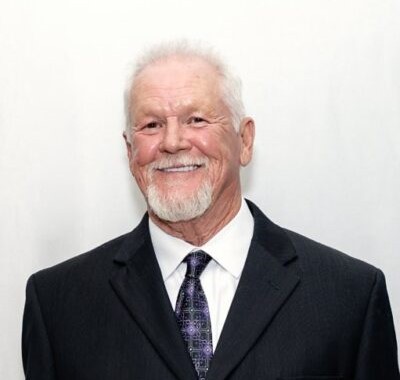
(WASHINGTON) — Worldwide protests against Tesla CEO Elon Musk over his role in the Trump administration have coincided with a sales slump and stock woes at the electric carmaker.
Little will be known about the precise impact on Tesla’s bottom line, however, until the company releases its earnings report on Tuesday afternoon. That announcement holds implications for Musk, the world’s richest person, who derives much of his wealth from his Tesla holdings.
The release of the new financial details arrives as some shareholders have called on Musk to step down from his White House role and return full-time to the helm of Tesla.
Musk, whose temporary status as a government employee expires next month, will likely face questions about his plans during a conference call with analysts after the earnings release.
“We view this as a fork-in-the-road time,” Dan Ives, a managing director of equity research at the investment firm Wedbush and a longtime Tesla booster, said in a memo to investors on Sunday.
Tesla shares have dropped in value by roughly half from an all-time high in December. Most of those losses have come since President Donald Trump took office and Musk began his controversial governmental cost-cutting efforts as the head of the newly created Department of Government Efficiency (DOGE).
Tesla remains a top electric carmaker but the company faces growing competition, especially from Chinese firms such as BYD.
Deliveries of Tesla vehicles over the first three months of 2025 dropped about 13% compared to the same period a year ago, the company said earlier this month.
When Tesla announced the decline in deliveries, the company made no mention of its CEO but did say that a “changeover of Model Y lines across all four of our factories led to the loss of several weeks of production in Q1,” but added that “the ramp of the New Model Y continues to go well.”
Tesla sold fewer cars in 2024 than it did the year prior, marking the company’s first year-over-year sales decline in more than a decade, earnings released in January showed.
As rivals have challenged Tesla’s dominance in the electric vehicle market, the company has promised a future revenue stream from autonomous taxis, also known as robotaxis.
Musk announced in late January that the company would roll out its robotaxi test program in Austin, Texas, in June. But within days, China-based competitor BYD unveiled advances in self-driving technology, which the company said was set to be included in models costing as little as $9,600.
Tesla boasts a more complete domestic supply chain than its rival U.S. carmakers but the company remains vulnerable to auto tariffs of the type President Trump imposed earlier this month, according to Musk.
“To be clear, this will affect the price of parts in Tesla cars that come from other countries. The cost impact is not trivial,” Musk said in a post on X in late March.
Gordon Johnson, CEO and founder of data firm GLJ Research, who is bearish on Tesla, voiced concerns about the company in a memo to investors on Monday, saying that the automaker faces a mix of “operational, financial, and reputational challenges.”
“Is Tesla facing an existential crisis?” Johnson added.
Copyright © 2025, ABC Audio. All rights reserved.



